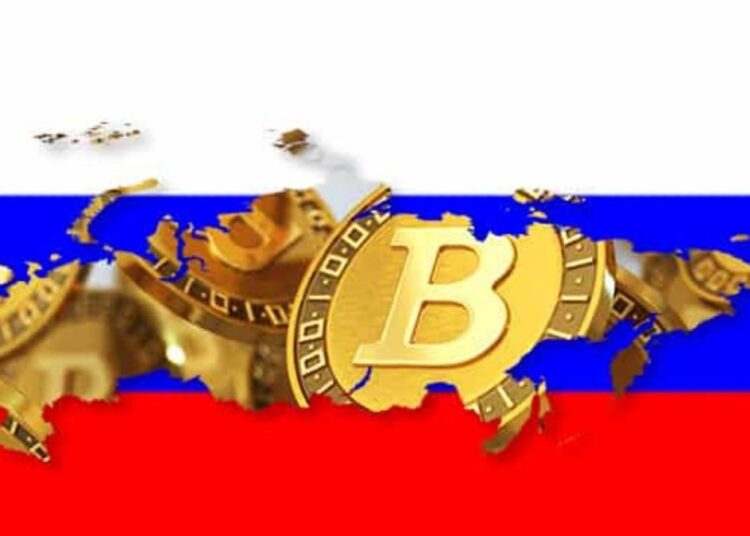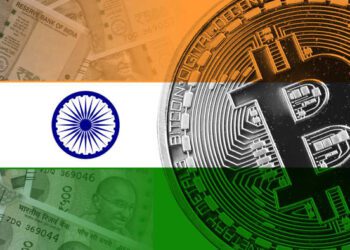The Russian government’s position on cryptocurrencies exemplifies the term “love-hate relationship.” After previously suggesting that Bitcoin “cannot be dismissed,” Russian President Vladimir Putin has now prohibited the use of digital assets, including Bitcoin, as a method of payment. In addition to this, virtually the entirety of the crypto community rose up in opposition to the nation for its decision to wage war against Ukraine.
Sanctions were subsequently imposed by governments all over the globe, which went it significantly more difficult for financial flow. While the country as a whole began to embrace cryptocurrencies, the industry began to turn its back on the Kremlin. Now, once again turning over a new leaf, the Bank of Russia announced that it had legalised crypto for use in cross-border payments.
Earlier today, Deputy Finance Minister Alexei Moiseev revealed that the Bank of Russia and the finance ministry had come to the conclusion that it was appropriate to give a green signal for cross-border payments related to cryptocurrencies.
A little over a week ago, Russian Prime Minister Mikhail Mishustin mentioned that cryptocurrencies were a “safe alternative” for making payments across international borders. It would appear that this factor, along with the leanings of the finance ministry in the same direction, may have been a driving force behind the most recent decision made by the central bank of Russia.

In addition to this, Moiseev brought attention to the importance of establishing locally based crypto services in the region. He added,
“It is necessary to do this in Russia, involving entities that are supervised by the central bank. These entities are obligated to comply with anti-money laundering and Know Your Customer requirements.”
In addition to this, he mentioned how the approach taken by the central bank toward crypto has developed over time. Moiseev suggested the observation that the framework that was planned was “too rigid.” As a result, it was essential to make the use of cryptocurrencies in international financial payments legal.
Garlinghouse had previously stated that RippleNet would not function with banks or countries that were under sanctions, so the likelihood of this happening was extremely low. Previous statements made by Ripple’s CEO, Brad Garlinghouse, are as follows:

RippleNet, for example, has always been adamant about NOT cooperating with sanctioned banks or countries that are on the list of restricted counterparties, and that stance has not changed. Ripple and our users are committed to upholding and enforcing all KYC/AML and OFAC laws.
XRP has proven to be a popular option for international financial transactions. Through its ODL services, Ripple has been steadily expanding its reach across the globe. The entirety of the market is waiting with bated breath for the cryptocurrencies that Russia will use.
















